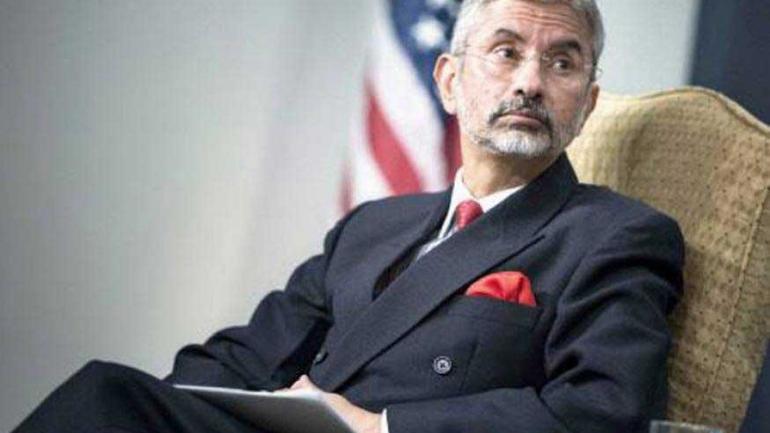S Jaishankar’s inclusion in the Union Cabinet met with a positive response from across party lines. A career diplomat, he was brought in by Narendra Modi to take the position as the Minister of External Affairs in the Union Cabinet. Shifting gears, S Jaishankar seems to be on the job right away after taking charge. In his first public meeting after taking charge, S Jaishankar has hinted towards India’s expected strategy to deal with Pakistan.
Without naming Pakistan, the External Affairs Minister had said that SAARC has certain problems that everyone is aware of. S Jaishankar’s comments are in line with the decision to invite BIMSTEC leaders to the swearing-in ceremony rather than the SAARC nations. Speaking about both these groups he said, “India’s prime responsibility is to lift up its neighbors in the sense that our growth can be a lifting tide for our neighbors. We are the largest economy (in South Asia).” He also pointed out that other than cross border terrorism, SAARC also has trade and connectivity issues.
“SAARC has certain problems and I think we know. Even if you were to put terrorism issue aside, there are connectivity issues, there are trade issues out there,” S Jaishankar said.
Even though S Jaishankar has repeatedly asserted his belief in multilateralism and regionalism, he has on multiple occasions acknowledged the failure of SAARC has cited one reason for it, Pakistan. As the Foreign Secretary at Second Raisina Dialogue in New Delhi, he had said in a speech, “India is a natural exponent of multilateralism. To an extent, this reflects our own domestic traditions of pluralism and diversity. Well before a multipolar world actually came into being, we believed in its desirability and even its inevitability. It was inconceivable for us that a world as vast and diverse as ours could be run by a small set of powers through alliances.”
Further pointing out at the importance of regional alliances and Pakistan’s failure to reap benefits out of SAARC, at Second Raisina Dialogue he had said, “Regional groupings are today one of the building blocks of the global order. Their driving force and commonality are perhaps the most obvious of all. India is a founder member of SAARC, an organization that has been made ineffective due to the insecurity of one member.”
Even though SAARC started as a positive development to improve regional co-operation between nations, the conduct of Pakistan has marred the credibility of the institution. Pakistan sponsored terrorism has met with firm criticism from other members of the SAARC. However, SAARC still provides a sort of legitimacy to Pakistan and its actions by the virtue of regional grouping. Further hinting at the importance of other regional alliances over SAARC, at the event he had said, “We hope to partially remedy this through the BBIN sub-regional grouping. It is also our expectation that the current level of enthusiasm among members of BIMSTEC can be channeled towards more far-reaching initiatives.”
By these comments, it is clear that India will not be beholden by the problematic SAARC and India’s vision for regional integration fits more with BIMSTEC and other regional alliances. By downgrading SAARC in India’s diplomatic and strategic discourse, India will be snatching from Islamabad an important regional forum that provides certain legitimacy to Pakistan, which it sorely needs at a time of almost global isolation.
